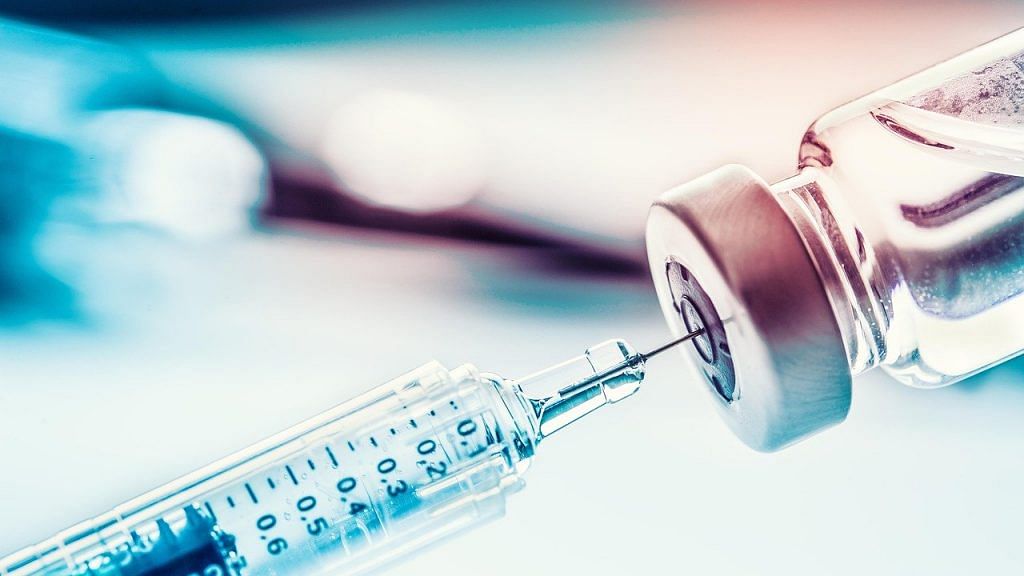New Delhi: Russia is in talks with India for cooperation on Sputnik V, the Covid vaccine that has been found to produce an immune response with no serious adverse effects, the agencies behind the project said Friday.
The government-backed Russian Direct Investment Fund (RDIF), which financed the vaccine developed by the government-backed Gamaleya Research Institute of Epidemiology and Microbiology (GRIEM), said at a media briefing Friday that the talks focus on producing the vaccine in India.
The GRIEM said talks with India also dwell on a technology transfer aimed at bolstering production and facilitating wider exports.
“Historically, India is a very important part of vaccine manufacturing. India produces 60 per cent of the world’s vaccines. Russia is involved in closed dialogues with the Indian government and leading manufacturers of vaccines for the localised production of Sputnik V,” said RDIF CEO Kirill Dmitriev, responding to a question from India.
The media briefing came as the first vetted data on the vaccine was published in Lancet journal Friday.
The data pertains to preliminary results drawn from two open, non-randomised phase 1/2 studies at two hospitals in Russia, conducted on 76 patients aged 18-60.
The vaccine was approved for use by Russia last month, but remained a subject of much scepticism given the short timeframe in which it has been developed.
“Vaccine is safe, showed high tolerability among the participants and reported zero side-effects. Most importantly, 100 per cent of the volunteers who were given the vaccine shots showed immune response,” said GRIEM director Alexander Gintsburg.
ThePrint had reported last month that Russian Ambassador to India Nikolay Kudashev had formally reached the office of the principal scientific advisor to the Government of India professor K. VijayRaghavan, Secretary, DBT (Department of Biotechnology), Ranu Swarup and Secretary, Health Research, Dr Balram Bhargava, who is also the director-general of the Indian Council of Medical Research to collaborate with India.
Also Read: Bharat Biotech wants to test administering Covid vaccine through skin instead of muscle
‘Over 40 countries have shown interest’
The representatives said around 40 countries have shown interest in their vaccine. “We have received questions from various countries including (in) Latin America and the Middle East. For extending the vaccine support to countries outside Russia, we are in talks with India and other countries for technology transfer who can help us in exporting the vaccine by raising the production,” Gintsburg added.
The Russian adenovirus vector-based vaccine was registered by the Russian Ministry of Health on 11 August, according to the Sputnik-V website, becoming “the first registered Covid-19 vaccine on the market”.
A vector-based vaccine is one where a part of the coronavirus is inserted into another virus and delivered to the body, following which the inserted coronavirus part, usually the spike protein molecule, is discharged. The body then recognises this as a foreign pathogen and mounts an immune response.
The vector used here is the human adenovirus, a group of respiratory viruses that cause common cold and flu-like illnesses in humans and animals. Adenoviruses are commonly used as vectors in vaccines. Even the Oxford-AstraZeneca vaccine — another promising candidate — uses an adenovirus as a vector, but one that causes common cold in chimpanzees.
Also Read: India readying roadmap to ensure Covid vaccine reaches all in ‘shortest time’, ICMR says
